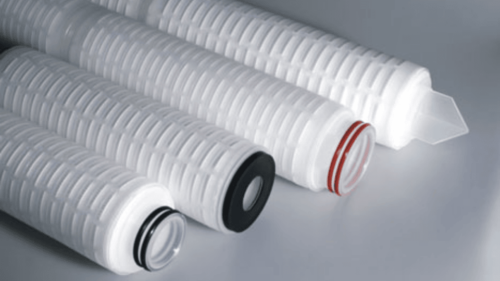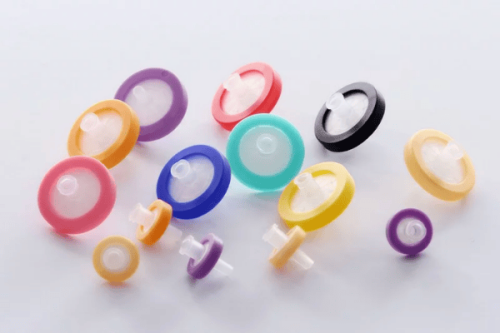Sample purity is crucial in the rigorous field of scientific study. Syringe filters are essential for guaranteeing that impurities don’t taint the accuracy of analytical data. GVS Malaysia offers them. This in-depth discussion examines the critical role syringe filters play in preserving sample integrity in a variety of research fields.
Importance of Sample Purity
Sample purity is essential for accurate and reliable results in research. Any contamination can lead to skewed data, misinterpretation of results, or even costly retesting. Filter jarum suntik remove particulates and microorganisms from liquid samples, ensuring that the substances analyzed are representative of the original solution without any extraneous materials affecting the outcome.
How Syringe Filters Work
Syringe filters by GVS Malaysia are small, circular filters designed to fit onto the end of a syringe to clean samples before they enter analytical equipment. The process involves:
- Pushing the sample through the filter membrane: The user applies pressure to the syringe plunger, forcing the sample through the filter.
- Trapping particulates: The membrane captures particulates, microorganisms, and other contaminants, preventing them from passing through.
- Allowing the clean sample to pass: The filtered sample exits the syringe filter, ready for analysis.
Key Features of GVS Malaysia Syringe Filters
Wide Variety of Membrane Types: GVS Malaysia offers syringe filters with different membrane materials, such as PTFE, Nylon, and PVDF, each suitable for specific types of samples and solvents. This variety ensures compatibility with a broad range of chemical and biological samples.
High Flow Rates and Low Hold-up Volumes: These syringe filters are engineered to maximize throughput while minimizing sample loss, which is crucial when working with limited sample volumes.
Sterility Options: For microbiological studies, GVS Malaysia provides sterile options that eliminate the risk of introducing additional bioburden during the filtration process.
Applications of Syringe Filters in Research
Pharmaceutical Research: In drug discovery and development, syringe filters are used to prepare samples for chromatography and mass spectrometry, ensuring that only solute molecules of interest are analyzed.
Environmental Science: Researchers rely on syringe filters to prepare water and soil extracts for testing contaminants such as pesticides and heavy metals.
Biochemical Studies: Syringe filters are used to clarify biological samples like proteins and enzymes, ensuring that aggregates or particulates do not obstruct analytical instruments.
Best Practices for Syringe Filter Use
- Select the correct membrane and pore size based on the sample composition and analysis requirements.
- Pre-wet hydrophobic membranes with appropriate solvents to ensure optimal flow rates.
- Use a new filter for each sample to avoid cross-contamination.
- Dispose of used filters properly to maintain laboratory safety and hygiene.
Kesimpulan
In the field of research, filter jarum suntik are essential since they guarantee the cleanliness of the samples. The strong design and extensive selection of options offered by GVS Malaysia’s syringe filters give researchers the means to perform accurate and contamination-free tests. Their application is essential to obtaining precise, trustworthy data that supports scientific breakthroughs and discoveries.



